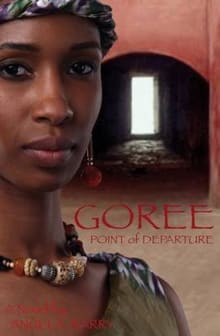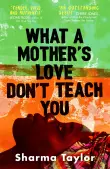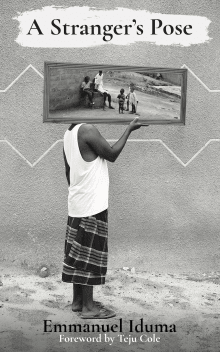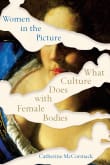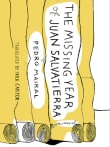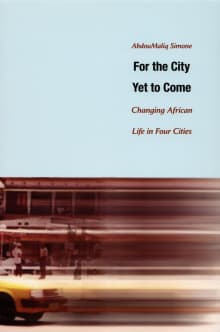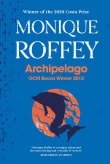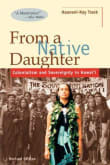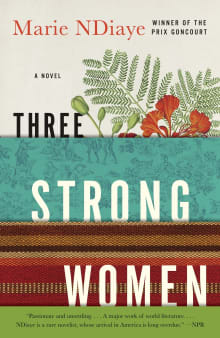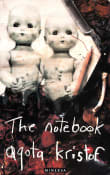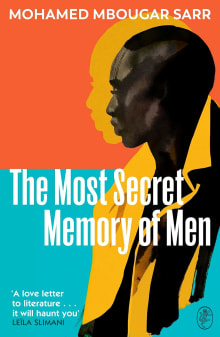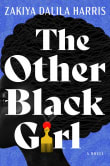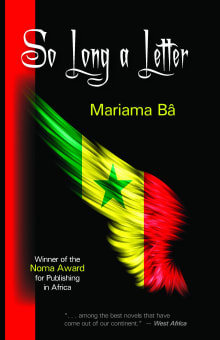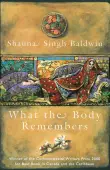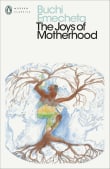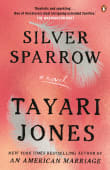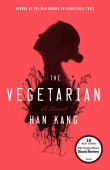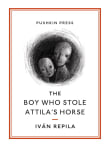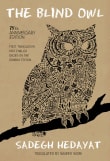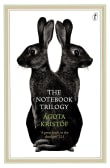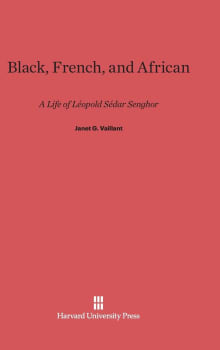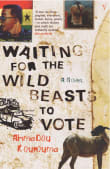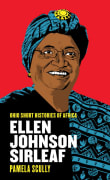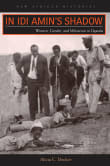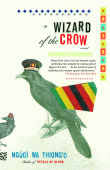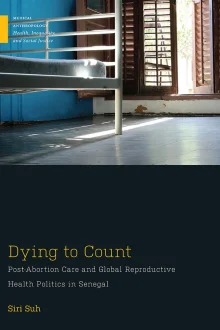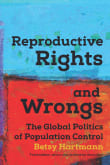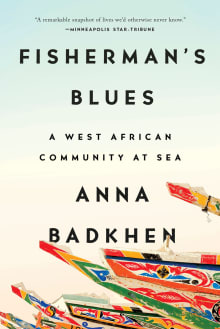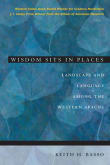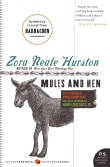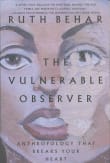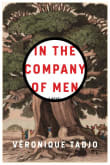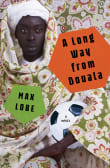Why am I passionate about this?
I was born in a Jamaican far-district just before independence. That historical fact is only one aspect of my in-between childhood. My daily imaginative fare was European fairy tales; my mother’s stories of growing up; and folktales, rife with plantation monsters, that my grand-uncle told. There was no distance between life and those tales: our life was mythic. The district people were poor. So they understood inexactitudes profoundly enough to put two and two together and make five. They worshipped integrity, and church was central. Inevitably, genre-crossing, “impossible” realities, and the many ways love interrupts history, were set in my imagination by the time I was seven and knew I would write.
Curdella's book list on genre-busting love and other improbable things

Why did Curdella love this book?
For me, growing up in the Caribbean, books that don’t separate between the “naturalistic” world and so-called “other” worlds, always ring uniquely true. Gorée is a transnational story set in Castries, St. Lucia, New York City, USA, Dakar, Senegal, and London, England. It’s the story of a family whose great losses parallel the loss of Africa's children through the transatlantic slave trade and the difficult, if not impossible, return of those stolen away. The novel’s love and loss stories are all in some way are filtered through the door of no return on Gorée Island in Senegal. The stories are not told in the physical realm only and do not only rely on physical portals. Barry's loves and lovers must return to the past and make the journey in spirit too.
1 author picked Gorée as one of their favorite books, and they share why you should read it.
A contemporary portrait of estrangement, this novel explores the African diaspora and the encounters made by people of African descent as they journey from New York to London, St. Lucia, and Senegal. Traveling to Africa to meet her ex-husband’s new family, Magdalene and her daughter Khadi are brought face-to-face with the perils of forgotten pasts—both social and cultural. And when Khadi's trip to the slave port of Goree takes an unfavorable turn, certain divisions in global culture become evident, making this a powerful investigation into the continuing repercussions of the slave trade.
